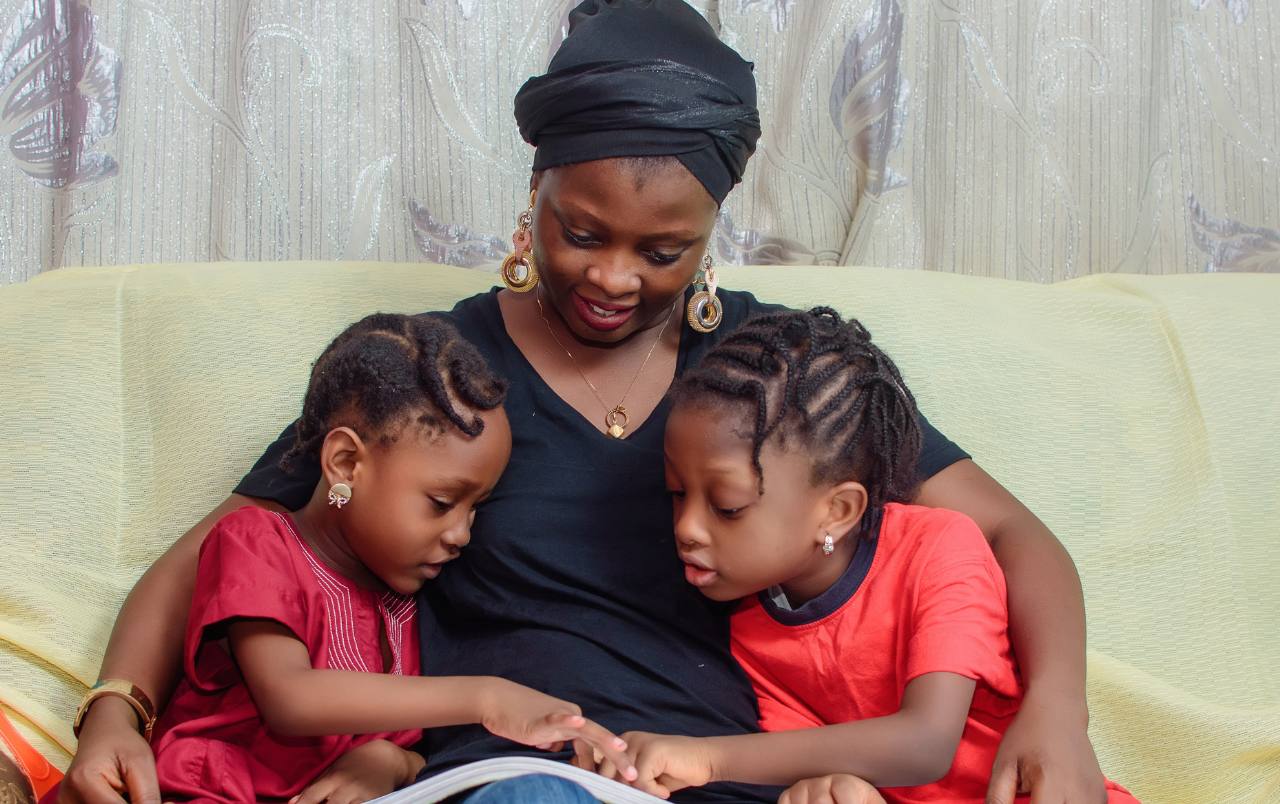Care is an essential part of the global economy and of the social contract upon which our society is built. However, its value remains mostly unrecognised in the policy realm, as households and especially women are left to address care needs on their own. For the 68th session of the Commission on the Status of Women (CSW), Southern Voice and partners will explore how debates in the multilateral space can galvanise countries’ commitments to address the unequal burden of care, and chart a path towards concrete action.
Accelerating the achievement of gender equality and the empowerment of all women and girls, as proposed by this year’s CSW theme, requires the mobilisation of resources towards gender-transformative, comprehensive care systems. Multilateral fora such as the G20, G7, and United Nations annual meetings and processes offer a key opportunity to translate countries’ commitments into action. Such measures can then address poverty and inequalities by building a new socioeconomic paradigm focused on caring for people, communities and the planet.
The International Labour Organisation reports that women carry out over 70% of unpaid care work. The unbalanced division of household care work leads to multiple inequalities. First, as care mostly depends on households’ own resources like labour, time and finances, its quality is compromised and so is the development of human capabilities of care recipients. Second, as it is primarily shouldered by women, it undermines their economic autonomy and, as such, the attainment of gender equality and global prosperity. This is especially acute in the Global South, as the region has much to advance to meet development targets such as the UN’s Sustainable Development Goals, in part due to setbacks caused by the Covid-19 pandemic.
In times of interlocking crises, the relevance of care should transcend policy platforms for gender equality. Building a more caring society globally is critical to enhancing wellbeing, resilience and prosperity for all, which can foster development in several realms. On one hand, strong care systems can prevent the social reproduction of numerous inequalities. On another, evidence shows women and girls in caregiving roles play a key part in communities’ resilience to climate change. In addressing the global climate emergency, care policies should go hand in hand with climate action to ensure a fair and just transition to sustainable economies. Therefore, the international focus on the care agenda must be widened with the goal of having it highlighted across multiple multilateral spaces and sectors, to foster systemic reform at the country level. It is also vital that the Global South is actively involved in developing and implementing these agendas to ensure the deployment of truly representative, just and inclusive solutions and policies.
While there is growing international momentum to advance the care agenda – understood as a key factor in achieving gender equality and women’s economic autonomy – there is still little progress in transforming international commitments and declarations into actions and investments. However, new opportunities may catalyse progress in 2024 and 2025: the Brazilian G20 presidency opens up several opportunities, as care has been explicitly underscored in the agendas of both the engagement groups for think tanks and for women, and in the G20 Working Group on the Empowerment of Women. Additionally, the two consecutive presidencies of Brazil in 2024 and South Africa in 2025, as well as the recent inclusion of the African Union in the G20, also offer an opportunity to bring Global South perspectives to the forefront in multilateral discussions on gendered poverty and inequality globally. Moreover, forthcoming global agreements such as the Pact of the Future – the expected outcome of the 2024 Summit of the Future – should also centre care in a vision for multilateral cooperation. These discussions should feed into the commemorations of the 30th anniversary of the Beijing Platform of Action, of which unpaid care work was an important component. Countries can then build on these discussions at the multilateral level to advance reformative care policies nationally.
On March 20, the Government of Canada; Canada’s International Development Research Centre (IDRC); UNRISD; Global Alliance for Care; CIPPEC; and the United Nations Foundation will bring together the ambitions of actors from across civil society, along with actors in the multilateral system, to discuss concrete steps to maximise the presence of the care agenda in multilateral platforms. This will highlight the voices, needs and perspectives from the Global South, and chart a path to translate global commitments into local and tangible action.
More details on this event can be found here.


